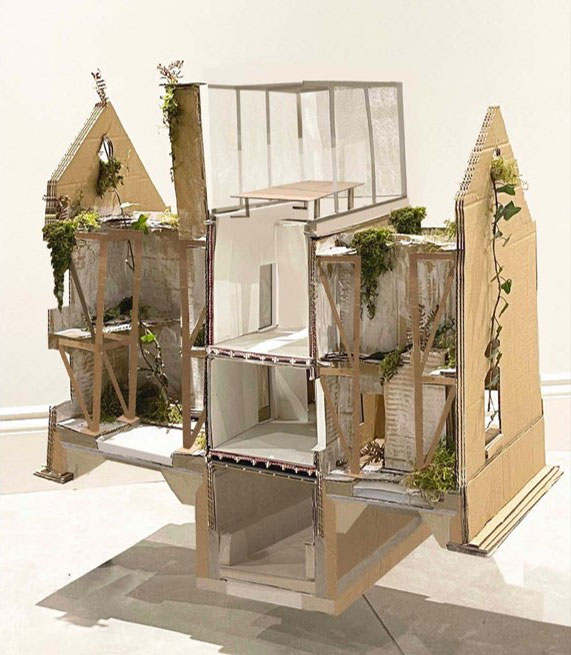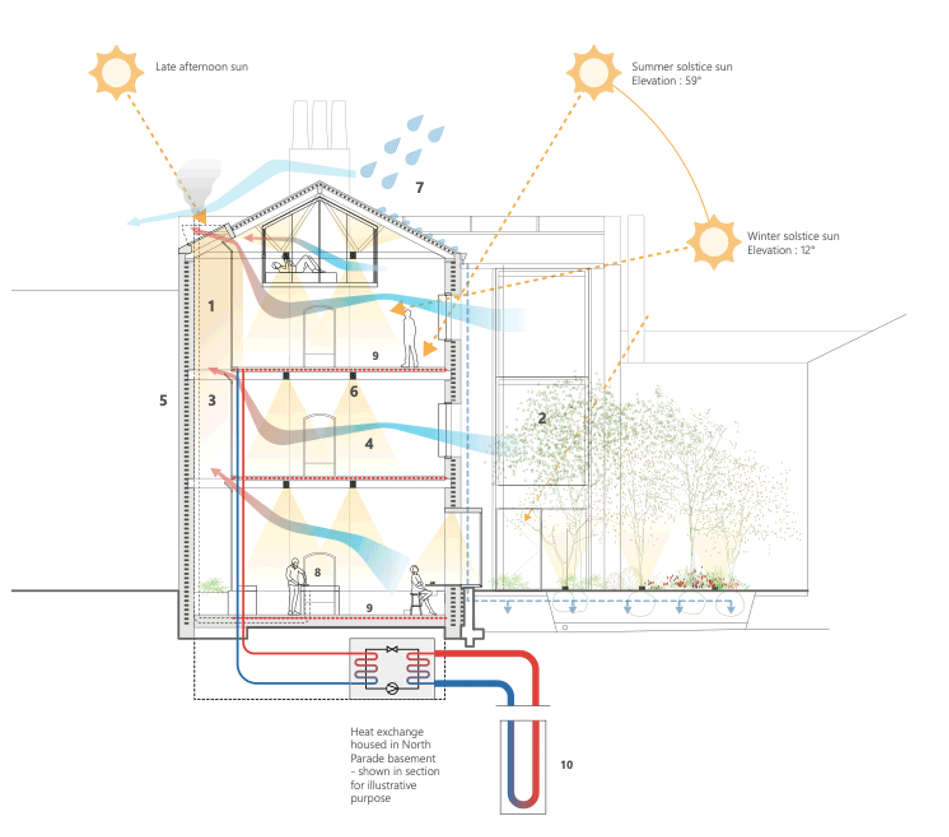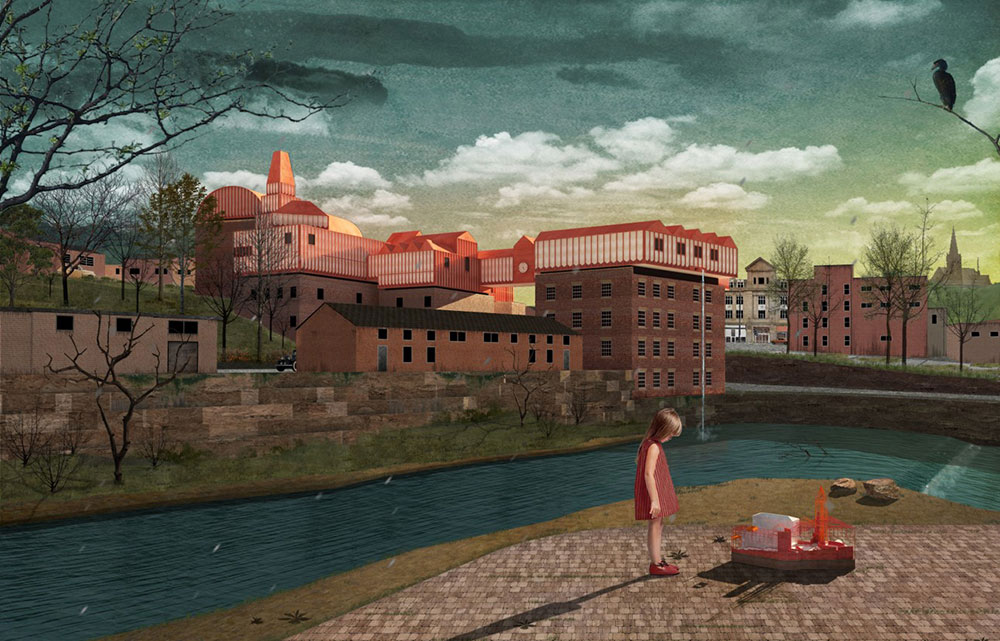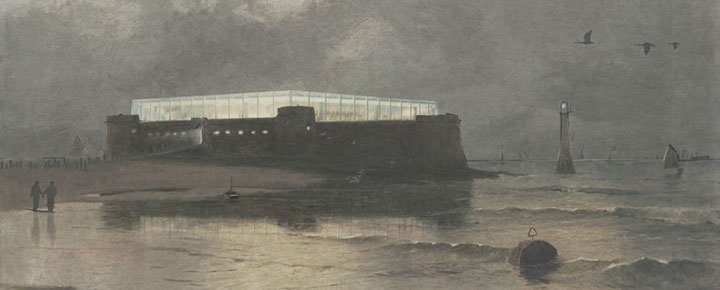Course Overview
Adaptation is now at the forefront of architectural practice; two of the most pressing challenges in the 21st century are climate change and urbanisation. To reuse an existing building is an inherently sustainable action. Given that already more than half of the global population live in urban environments, and by 2050, it is projected that over 70% of the world population will live in cities, all societies need to be able to accommodate growth while at the same time, reducing consumption. The existing building stock needs to become both more efficient and more resilient.
You will investigate the three main tenets of sustainable reuse - environmental, societal, and economic – while also exploring inhabitation, heritage, culture, history, memory, community, and the influence these factors have on remodelling activities. Through looking at the impact that context and the environment have upon projects, you will develop an understanding of some of the technical issues including conservation, construction, environmental control, and materials in order to make creative and appropriate proposals for new users of buildings. You will also examine specific examples of adaptive reuse, theories of reuse and explore strategies for the conservation and adaptation of the existing environment, while also looking at the influence that art has upon architecture.
The course is therefore ideal preparation for careers in both professional and/or academic roles associated with sustainable urban, architectural and interior design, and within the heritage industry. Some examples of destinations that graduates on this programme have entered include: architectural and interior practice, conservation architecture, academia, and to progress into doctoral study.
Students benefit from the specialist workshops at Manchester School of Art and the University of Manchester to explore materiality, fabrication, and realisation of their ideas.
The programme is part of the Manchester School of Architecture, an internationally recognised leader in architectural education, with an outstanding employer reputation.
Features and Benefits
A top ranked school of architecture
Manchester School of Architecture is placed 5th in the world in the QS 2025 Architecture rankings.
Joint degree and world-class resources
You will study a programme jointly delivered by The University of Manchester and Manchester Metropolitan University. Graduates receive a degree certificate that carries both institutions’ crests and titles.
Industry networks
You will benefit from MSA’s strong industry connections and employer network. Practitioner-tutors contribute directly to the studio curriculum, supported by international visiting speakers, practice visits, and building studies.
Make an impact
Shape the future of the built environment by exploring new, heritage friendly and sustainable approaches to development.
Space for innovation
The programme gives you access to the full range of facilities across both universities, including libraries, computer suites, making and media workshops, and more.
Expert staff
Engaged and responsive teaching, working with experts, research-active academic staff and leading design professionals.
Career Prospects
Graduates of Architecture and Adaptive Reuse will be well-equipped to enter a variety of roles within architecture, planning, conservation, and heritage management across both academic and industry contexts.
Duration
1 year full-time
2 years part-time











